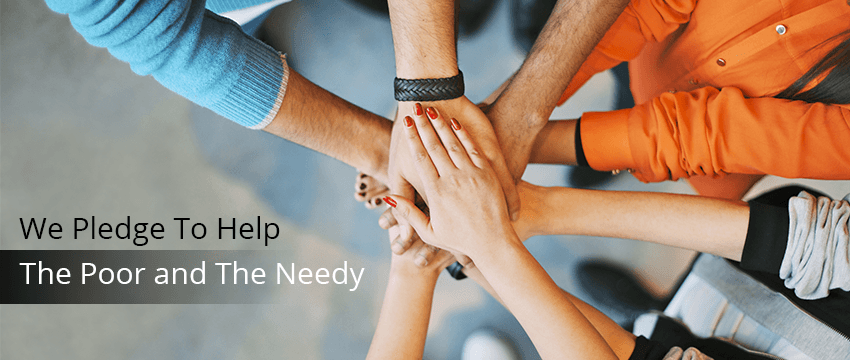Enriching the Lives of the Marginalised Communities of India through Quality Education, Skill development,
Livelihood generation, Healthcare, Environment safety, Disaster response and Agriculture Initiatives
Rafeeq (24) had studied as far as the secondary school in his village would let him and because his father died, took on the responsibility to look after his mother and his siblings at an age when most urban children are considering which stream to take in the future. He eked a living by working at the tea-shop near the bus stop while his mother worked the fields. When the Organisation invited Rafeeq to join their construction training initiative when he turned 18, the youngster took the plunge and began the training that changed his life and the lives of his family forever.
The three-month construction training programme is designed to teach people like Rafeeq to be disciplined and skilled workers and be absorbed into some of the biggest names in the infrastructure development business in the country. Whether it is the neat uniforms supplied by the Organisation and worn with pride by the trainees or the superlative quality of the skills training, every ‘graduate’ emerges with a sense of pride and achievement to say nothing of enhanced self-worth.
Today Rafeeq can, with pride say that his mother does not need to work in the fields anymore because he is able to keep her and his siblings in relative comfort with the amount he is able to send them every week.
Till date 1,000 men have been trained in construction trade and provided with employment. Nearly 5,000 women have been trained in tailoring, housekeeping, embroidery, loom embroidery, fabric painting, soft toys making, lace making, agarbathi making and bee keeping. All the women trained in housekeeping have been provided employment. Those trained in tailoring and embroidery and lace making are either working in shops or using their skills for their own household needs or those of their relatives thereby saving considerable money. Fifty such women have started a garment unit in with the help of the Organisation. The bags designed and manufactured by these women have found quick takers in shop owners who have placed large orders for these bags.
Vision
To ensure that the minimum income of every family in the adopted villages is increased to a Desired Prosperity Level (DPL) of Rs.6000/- per month
Objective
To train, as part of transformation process, 3000 people in the year 2017-18; 90% of them in non-migratory skills.
Strategy
» To enhance existing skill sets
» To provide new skill sets.
» To forge alliances with agencies engaged in imparting livelihood skills.
» To create employment opportunities within the village by establishing Village Level Productive Enterprises (VLPEs) – with the Organisation extending help in obtaining market and other linkages.
Methodology
» Profiling the current income generation and livelihood situation.
» Developing village specific road maps for full employment
» Developing customised curriculum and delivery processes.
» Identifying suitable beneficiaries through Community Change Agents for participating in the livelihood skills programs.
» Conduct of training in various skills to men and women
» Facilitation of placement / market linkage


